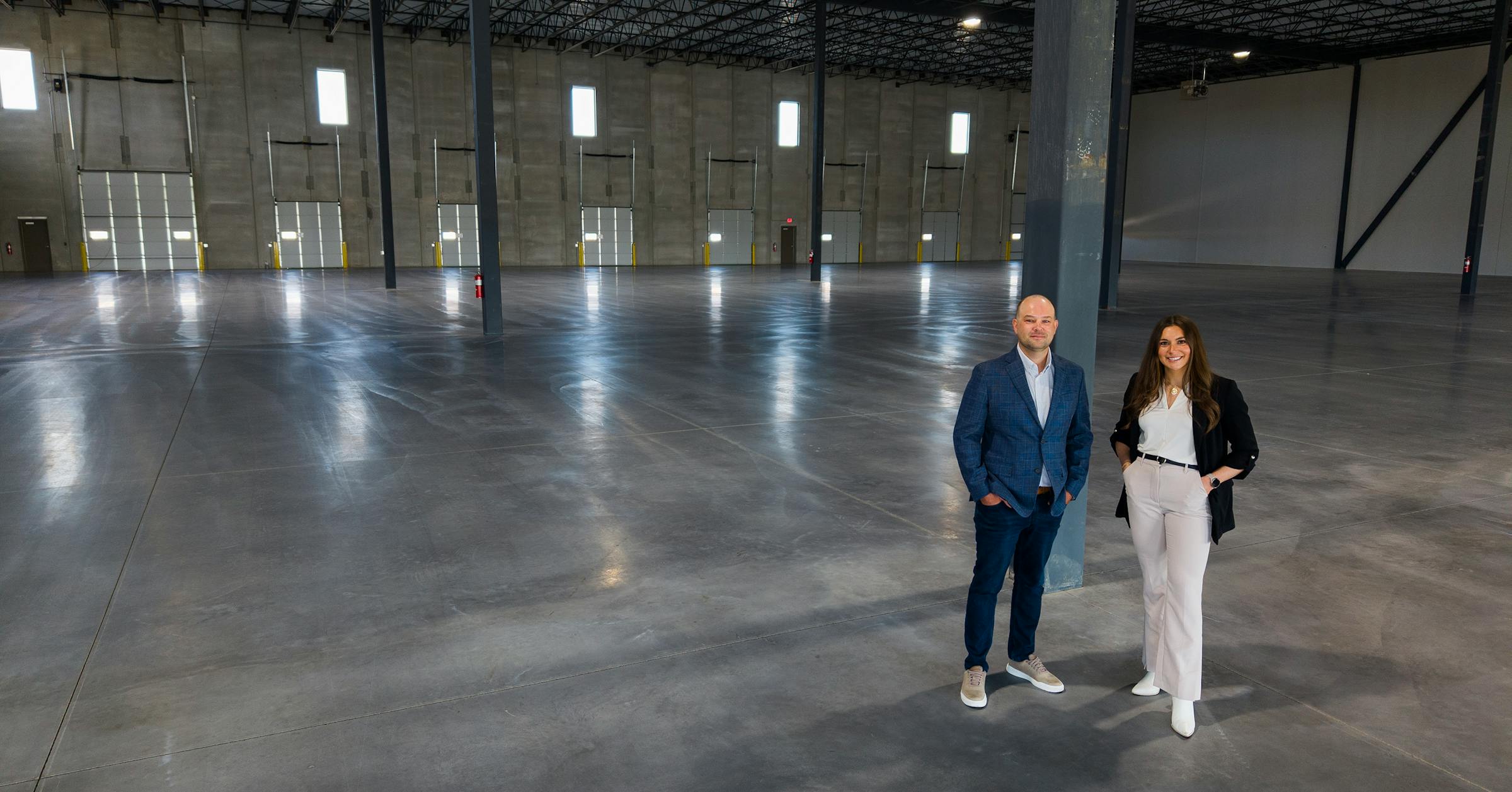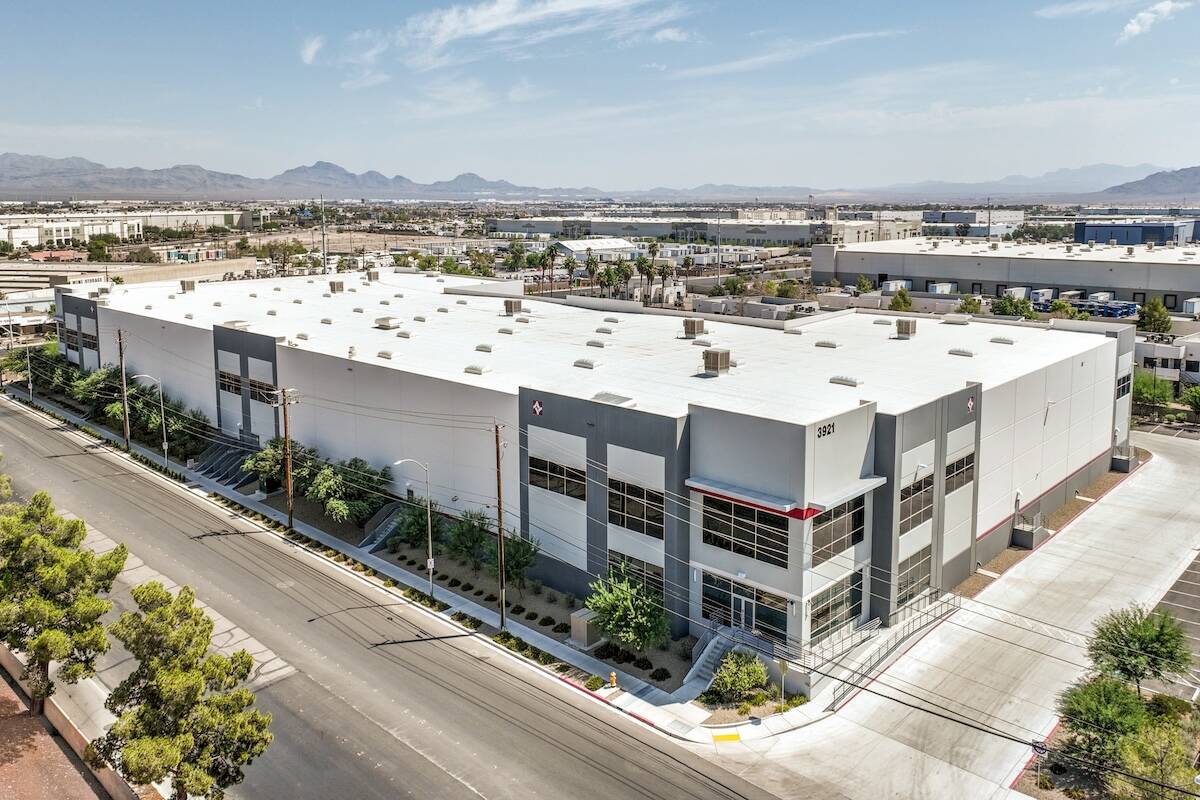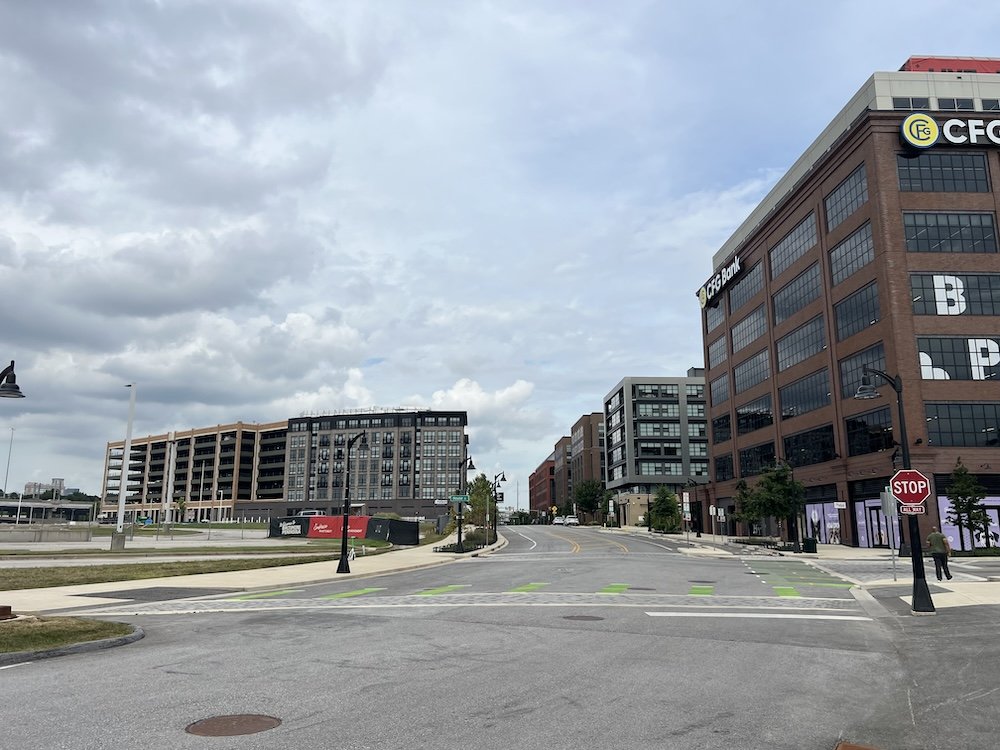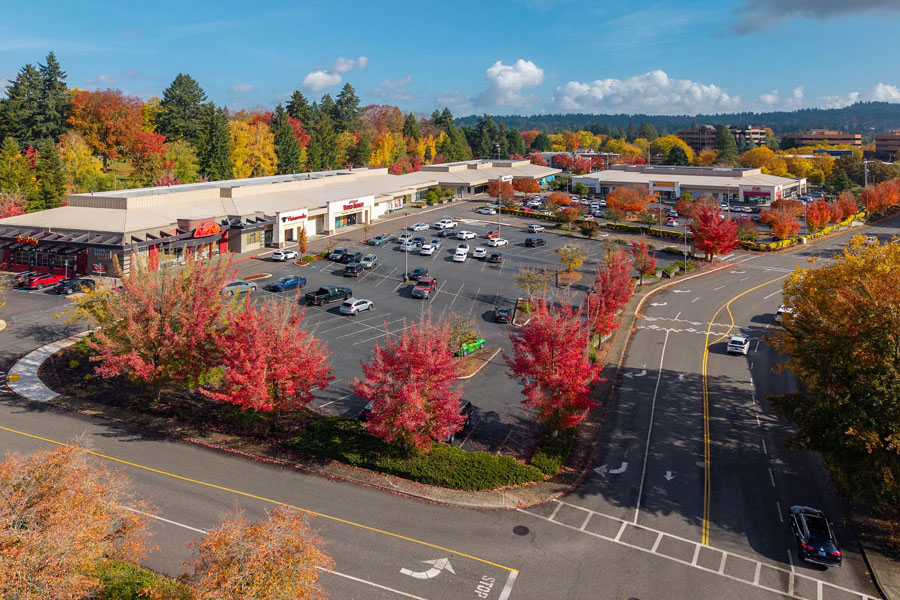T
ariffs are driving a surge in activity in the Twin Cities' industrial real estate market as companies and consumers rush to import goods before President Donald Trump's 90-day pause on tariffs expires. According to recent data, visits to industrial manufacturing facilities in Minnesota increased by about 4% in March compared to the previous month, with foot traffic analytics platform Placer.ai attributing this rise to manufacturers ramping up production to build inventory and secure supply chains.
The U.S. Commerce Department reported that the country's gross domestic product dropped by 0.3% in the first quarter of 2025 due to companies and consumers stockpiling imports before tariffs take full effect, which decreases economic output. While this surge may offer short-term stability, it raises concerns about manufacturers managing longer-term cost pressures and supply chain challenges if tariffs are enacted.
The Twin Cities' industrial real estate market was already in high demand before tariffs triggered the import wave, driven by increasing online shopping at e-tailers like Amazon that require warehouse space. The region had one of the lowest vacancy rates for industrial buildings in the country at 4.2% in the first quarter of 2025, according to Colliers analysts.
Manufacturers are anticipating tariffs will drive up their costs, forcing American companies to pass on higher prices to consumers, which could reduce demand for their products. Companies have put off acting on longer-term expansion due to uncertainty about future tariff policies, said Rob Kress, CEO of Waypost Advisors.
Opus' recent completion of the Dayton Parkway Business Center, a 130,000-square-foot industrial property, has seen interest from companies but no leases yet secured. Nate Erickson, senior vice president at Transwestern, noted that company size influences their tariff responses, with larger companies able to stock up on inventory and smaller ones struggling to cope. Even Fortune 500 companies have reservations about stocking up due to past experiences of being left with expensive and bulky backlogs.














